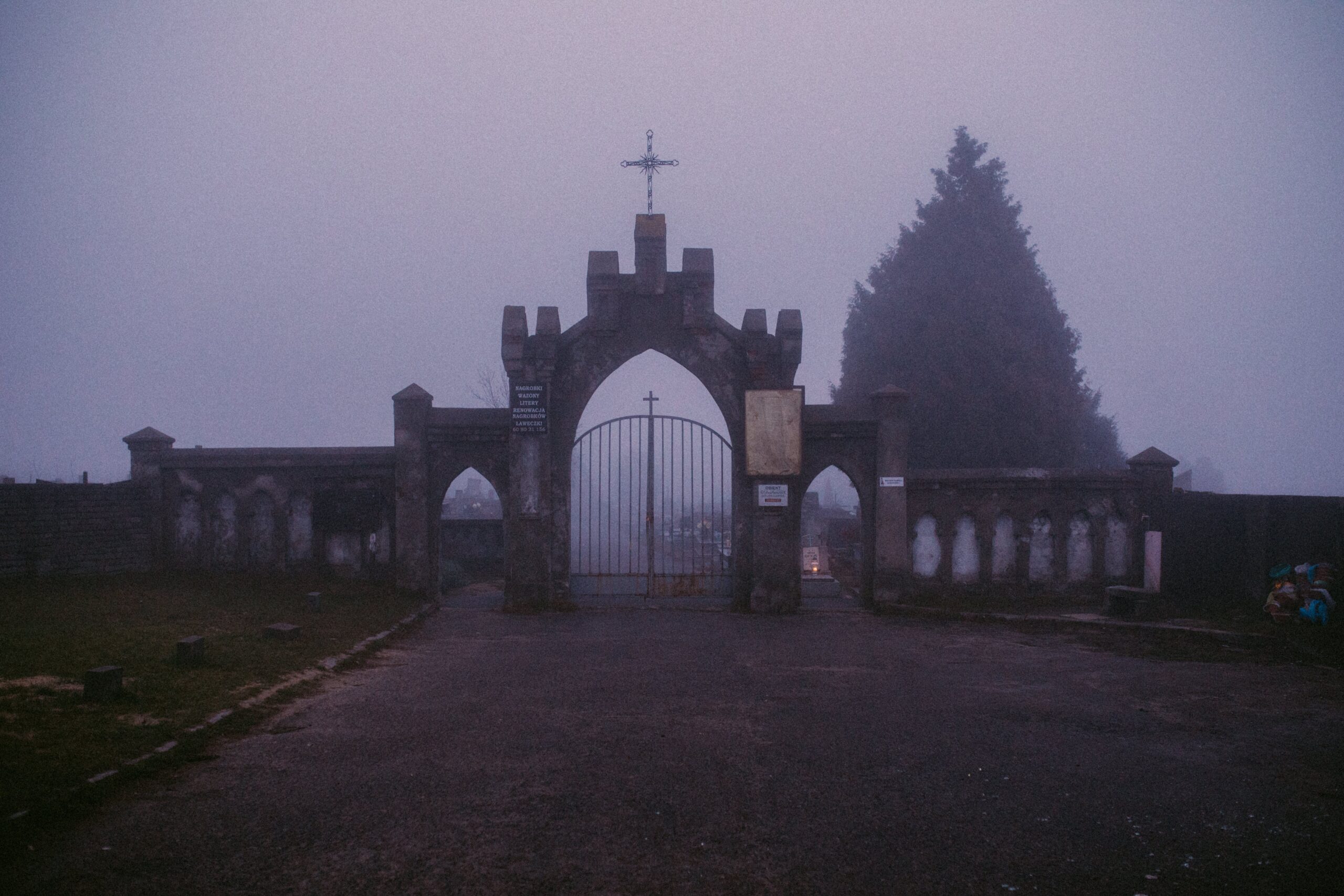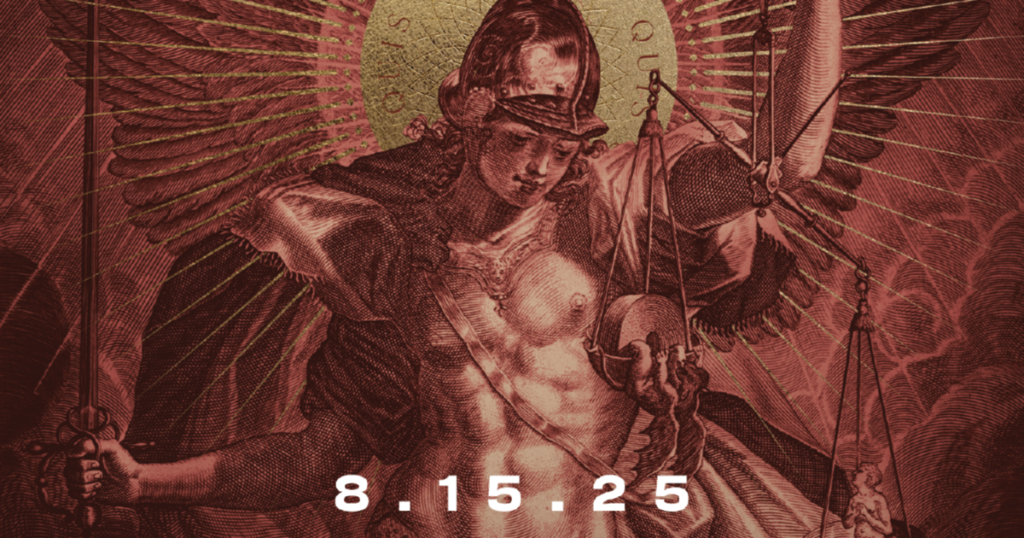The Divine Office, also known as the Liturgy of the Hours, marks the rhythm of time in prayer. Using the psalms as its foundation, it offers praise morning, afternoon, evening, and even in the night. Priests, religious, and laity throughout the world unite in this prayer each day.
As we approach November, the month of the dead, we can pray the traditional “Office for the Dead,” reciting the Divine Office particularly in memory of our departed loves, presenting them to God’s mercy. Though often overlooked, this formed one of the most important ways of maintaining communion with departed loved ones during the Middle Ages. Parishes often established chantries, the regular recitation of the Office of the Dead for deceased parishoners, often endowed in wills so that dedicated priests could offer these prayers daily.
There are some beautiful and unique elements of this office. The hours begin abruptly without introduction, as if to recongize the disruption that has happened through death. It begins immediately with the psalms chosen for their reference to redemption from death. The Glory Be is replaced with the traditional prayer: “Eternal rest grant unto them, O Lord. And let perpetual light shine upon them.” It contains beautiful prayers of its own, such as the Invitatory to begin Matins: “Unto the Eternal King all live. O come, let us worship Him.” Or, another of its most famous prayers, also from Matins: “Sinning daily, and not repenting, the fear of death disturbs me. For there is no redemption in Hell, have mercy on me, o God, and save me.” This Office also helps us to contemplate the reality of death and to prepare for it.
During our All Hallows Octave (November 1st through 8th) at Exodus, when we are praying for our deceased loved ones by name, we will also be offering a version of the Office of the Dead through our app that includes Lauds, Vespers, and Compline. This will provide an easy entry point for praying the traditional Office for the Dead, helping us to remember and express our love for the departed. Make this November different by praying for your deceased family and friends in a deeper way.
Join Us in Praying the Office of the Dead on the Exodus App here:
Dr. Staudt holds a Ph.D. in systematic theology from Ave Maria University and B.A. and M.A. in Catholic Studies from the University of St. Thomas (St. Paul, MN). He serves as Director of Content for Exodus and as Visiting Associate Professor at the Augustine Institute in Denver. He was previously the Associate Superintendent for the Archdiocese of Denver. He has founded a Catholic school and served as a DRE in two parishes and as Director of Catholic Studies at the University of Mary. He is the author of How the Eucharist Can Save Civilization (TAN), Restoring Humanity: Essays on the Evangelization of Culture (Divine Providence Press) and The Beer Option: Brewing a Catholic Culture Yesterday & Today (Angelico Press). His editing experience includes six years as the managing editor of the journal Nova et Vetera and the books Renewing Catholic Schools: How to Regain a Catholic Vision in a Secular Age (Catholic Education Press) and The University and the Church: Don J. Briel’s Essays on Education (Cluny Media).





